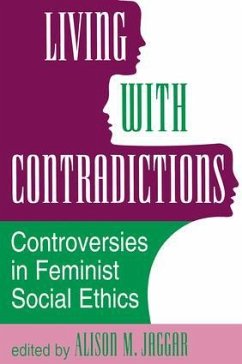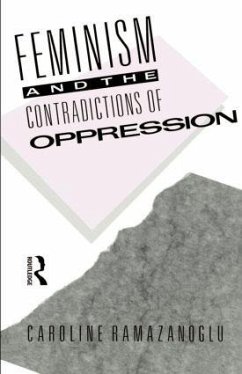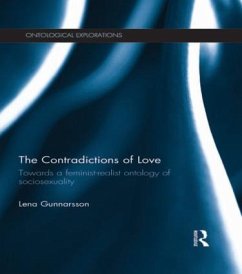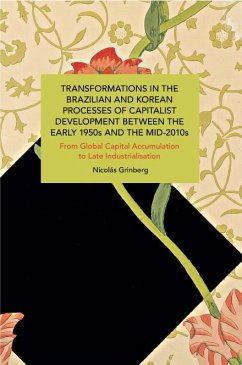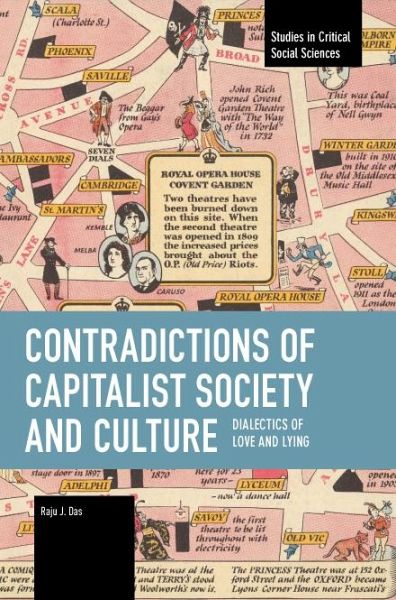
Contradictions of Capitalist Society and Culture
Dialectics of Love and Lying

PAYBACK Punkte
13 °P sammeln!
In this sociological examination of love, truth, and hate, Raju J. Das argues that if we are to defeat the hate-politics and post-truth politics, then we must fight for a post-capitalist world that is truthful and caring. Love and truth are important aspects of culture. Signifying the crisis of capitalist culture in the contemporary world are their opposites, i.e. hate and lying, respectively. There is rampant lying for ideological/political purposes. There is also an increasing absence of genuine love, i.e., love as caring and solidarity, which, under certain conditions, takes romantic forms....
In this sociological examination of love, truth, and hate, Raju J. Das argues that if we are to defeat the hate-politics and post-truth politics, then we must fight for a post-capitalist world that is truthful and caring. Love and truth are important aspects of culture. Signifying the crisis of capitalist culture in the contemporary world are their opposites, i.e. hate and lying, respectively. There is rampant lying for ideological/political purposes. There is also an increasing absence of genuine love, i.e., love as caring and solidarity, which, under certain conditions, takes romantic forms. Ideological-political lying is connected to the corruption of love, with its confinement to the private sphere of individuals and consequent isolation from the wider unequal society. This connection is via capitalism. On the one hand, capitalism resorts to ideological-political lying to cover up its contradictions that cause alienation/suffering of the masses. Lying and alienation/suffering are not conducive to genuine love in society. On the other hand, a crisis-ridden capitalism produces the right-wing politics of lying ('post-truth' politics). This is also a politics of hatred (or, 'post-love, or, anti-love') against minorities, democrats and socialists, a politics that is justified by lies about these subjects.









